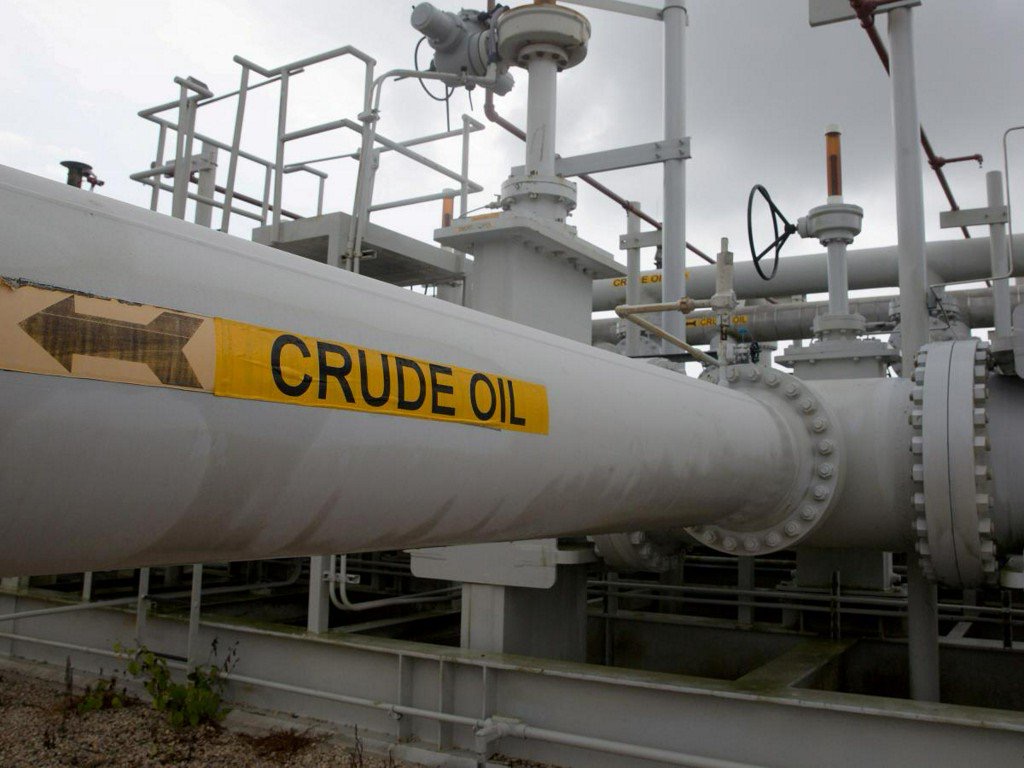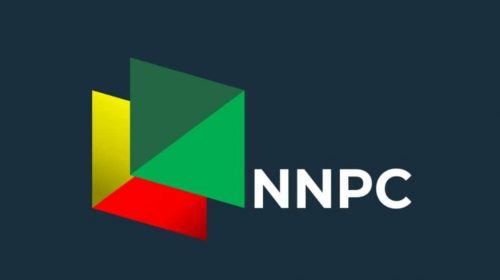Nigeria Loses $1.35 Billion To Oil Theft In Six Months

Nigeria has lost at least $1.35 billion to oil theft in the first half of 2019, Gov. Godwin Obaseki who heads a federal committee to check pipeline vandalism, said Thursday.
At least 22.6 million barrels of oil were “stolen” between January and July, and there is the risk of $2.7 billion worth of oil being stolen in two years, he said.
Mr Obaseki said figures showing the “huge losses” were provided to his 13-member committee by the Nigerian National Petroleum Corporation.
Mr Obaseki spoke to journalists after the National Economic Council meeting in Abuja. He said his committee had identified the reasons for the losses and had made recommendations to the government.
Read his full comments to reporters:
Edo State Governor – Godwin Obaseki
The 13-member Adhoc-committee chaired by me, submitted its report to the NEC today. The committee was constituted to address the impact of vandalization, oil theft, illegal bunkering on oil production. It was also to check the effectiveness of the activities of the joint task force and other security agencies in curbing the menace of oil theft. And also to consider the set up of special court to prosecute offenders amongst others.
The terms of reference of the ad-hoc committee are to include restoring and sustaining the four major trunk pipelines which move crude oil to the terminals, to assess the challenges and draw up a road map to guide further actions towards finding a lasting solution towards the problem. The committee could coopt individuals to facilitate its work and we are supposed to update the council regularly.
The adhoc committee discovered that there were huge losses. In fact, the NNPC reported to the committee that the 22.6 million barrels of crude oil valued at approximately $1.35 billion was lost during the first half of this year. And if this situation is not contained in two years we would have lost in excess of $2.7 billion.
The losses that were recorded in the first half of the year were broken down as follows:
The Nembe creek trunk-line lost 9.2 million barrel, the Trans-Niger pipeline lost 8.6 million barrel, the Trans-Focadoes Pipeline lost 3.9 million barrel, Trans-Escravos pipe we lost 877,000 barrel.
The adhoc-committee reported that the governance structure of the pipeline is such today that no one is held accountable whenever there are bridges and when these losses occur.
That the slow and inadequate prosecution of thieves despite numerous arrests and seizures have continued to encourage this menace.
That the absence of petroleum products filling stations in most of the oil-producing communities around the Niger Delta makes them resort to illegal bunkering and illegal refineries.
That huge internal and external market for stolen products exist across the west coast of Africa and also the subregion.
Therefore, the ad-hoc committee made the following recommendations:
That there is a need to restructure the maintenance and ownership of oil pipelines as a way of tackling the perpetrators of crude and other products.
That we should have a legal framework that will ensure that criminals are duly prosecuted, imprisoned and their assets confiscated.
That there should be special courts to trial offenders and also have a special legal task force to coordinate the prosecution of arrested offenders as well as trained special judges to handle cases of oil theft.
That NNPC should be encouraged to engage with the national intelligence agency (NIA) to identify the markets for stolen petroleum products across the continent.
Read also: How do the Saudi attacks affect Nigeria?
That the governors of the oil-producing states should set up actions to develop the communities that are most prone and through which these pipelines run with their 13 percent derivation allocation as well as implement programmes that will be impactful and make life easy for the people. It noted that the NDDC in the Niger Delta Development Corporation which has the mandate to undertake development in this region should be restructured to perform its role better.
That they should emphasis creating employment opportunities for young people and youths in the region.
That the proposed funding arrangement to be jointly funded by the federal, states and the oil companies to ensure the communities through which these pipelines traverse get some benefits to encourage them to protect these lines.
Therefore, the council resolved as follows:
That recommendation should be presented to the president who is also the Minister of Petroleum for the final decision for implementation.
The chairman of the council also asked the NNPC to make a presentation to council on the state of PMS and other products which are smuggled across the borders.
[PREMIUM TIMES]






Leave a Reply